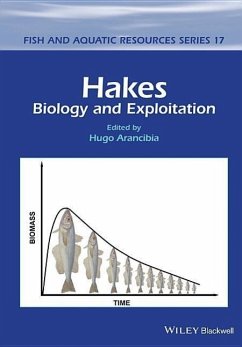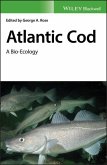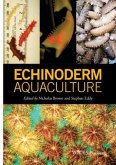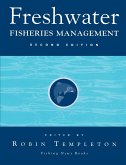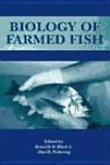The species of hake, making up the genus Merluccius, are commercially important and currently largely over exploited, with many stocks badly depleted and showing only limited signs of recovery. From the end of the 1990s, concepts such as sustainability, ecosystem-based approaches to fisheries management, a code for the responsible conduct for fisheries, governance and others have emerged or have been considered by politicians, stakeholders and society. Moreover, new tools for stock assessment have been developed. But many hake stocks of the genus Merluccius show no sign of restoration. Hakes: Biology and Exploitation brings together a wealth of important information on the biology and exploitation of hake and hoki (genus Macruronus) stocks around the world. Each chapter provides an overview of the fisheries of each species in an ecological and environmental context, looking at stock distribution, characteristics of the environment, life history, reproduction, diet, growth, mortality, pricing and markets of each geographical region and the hake species found there. With chapters written by regional experts on hake and hoki species, and included within Wiley-Blackwell's prestigious Fish and Aquatic Resources Series, Hakes: Biology and Exploitation provides up-to-date and comparative information, including new approaches to fisheries management, for all those involved in fisheries management, aquatic ecology and biological sciences.
Hinweis: Dieser Artikel kann nur an eine deutsche Lieferadresse ausgeliefert werden.
Hinweis: Dieser Artikel kann nur an eine deutsche Lieferadresse ausgeliefert werden.

